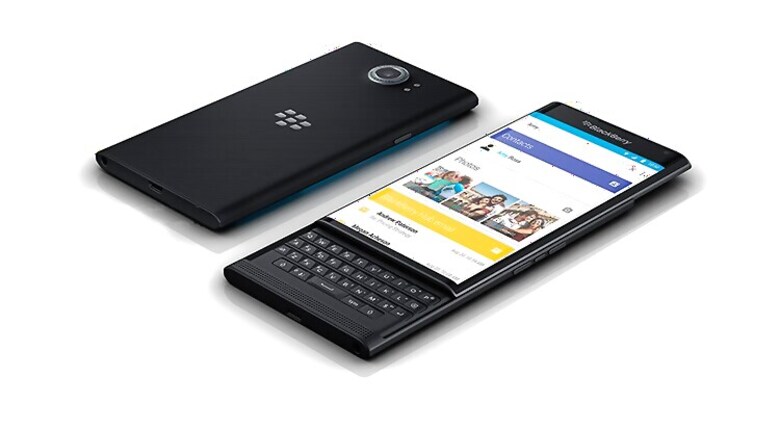
views
Late last year, BlackBerry introduced its first smartphone powered by rival Google’s Android OS and layered with some of its own signature apps, security and hardware. Prior to introducing the hybrid device, CEO John Chen labelled it as the deciding factor for either a full-house or a no-show for BlackBerry: If the BlackBerry Priv sales figures achieve the 5 million unit sales benchmark - BlackBerry stays in the smartphone market and if it doesn’t, then the company ceases to make more phones.
If one looks at the history of BlackBerry, the company once enjoyed the status of being the handset of choice across enterprises; but as the competition stiffened with rivals like Samsung and Apple, BlackBerry started to gradually lose its share in the phone market and kept on posting repeated losses.
In the last few years, there has been a sudden rise of new smartphone players which have been able to successfully not only produce good devices but also make them affordable. These players, mostly based in China, have quickly carved a niche for themselves in a market where each day a new handset is launched. While some enjoy great visibility, others take the exit unnoticed.
In such a situation, a device like the Priv – a BlackBerry product with the Google software - is like 'just another Android phone' with a sky-high price. Launched in India on January 28, the BlackBerry Priv's price tag of Rs 62,990 has evoked a mix of shock and surprise on social media. Many had expected it to be priced in the Rs 45,000 to Rs 50,000 range.
Better be late than sorry?
A new BlackBerry might be able to stir nostalgia among the earlier loyalists of the BlackBerry brand, some of whom have already made the switch to the more popular platforms, but it is hard to predict a switch back to BlackBerry through Priv. The reason being it is, after all, another Android device (and an expensive one at that).
While riding on the success of a rival platform when the company’s own popularity has faded might be a wise decision but positioning itself at the top end of the market, when revival should ideally start from a little lower the ladder, is certainly a miscalculation.
The USP of BlackBerry devices has been the strong security they came packed with. The new BlackBerry Priv too comes with the same level of security with some of the signature BlackBerry elements like BlackBerry Hub and the physical keyboard which is now touch-enabled for navigation. But somehow, all of the features suddenly seem old-school in an era of smartphones screaming innovation.
The year gone by witnessed only a handful but noteworthy improvements in terms of smartphone technology like the world’s first smartphone with a shatterproof display, phones with the new USB Type-C port for charging, phones which double as powerbanks, and even a smartphone which can be used for vaping! BlackBerry Priv lacks innovation, except for being an Android phone with a physical keyboard and a curved screen that we have seen a few Samsung phones.
The need of the hour is phones which appeal with both features and pricing. Offering just another Android phone might wake up old memories of a company once associated with smartphones which were dear to many enterprise users and consumers alike, but it might not translate into great sales (something that BlackBerry desperately needs), given the price tag it carries along.
It wouldn't be very surprising if the Priv goes the Z10 way. The flagship BlackBerry 10 smartphone was launched in India at a price of Rs 43,490 and within a year-and-a-half the price plummeted to Rs 17,000. The phone is now available on some online shopping sites at Rs 10,000.
We conducted a Twitter poll before the company announced the phone's price in India, the results, asking if the Priv could win back erstwhile BlackBerry loyalists. The yes and no responses were neck and neck, showing some hope for BlackBerry in the industry. However, in the poll we conducted after the India price for the Priv was announced, a huge majority of the public opinion was against BlackBerry.
The Priv is seen as a make or break device for BlackBerry. They appear to have made the right decision embracing Android but the pricing could very well break the deal with prospective buyers.




















Comments
0 comment